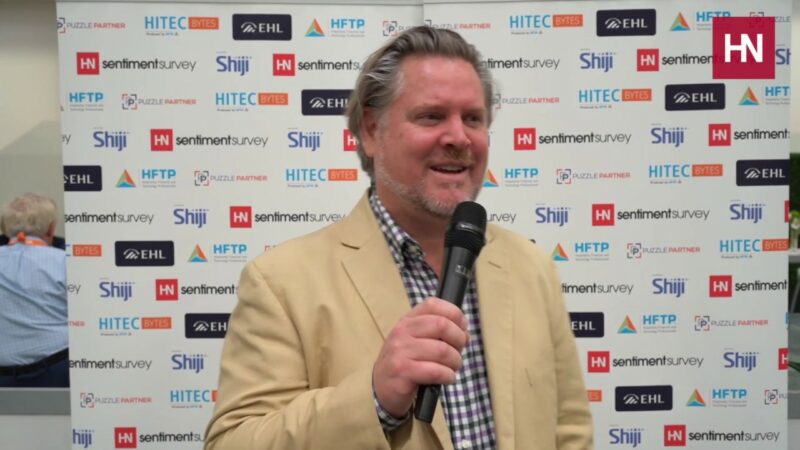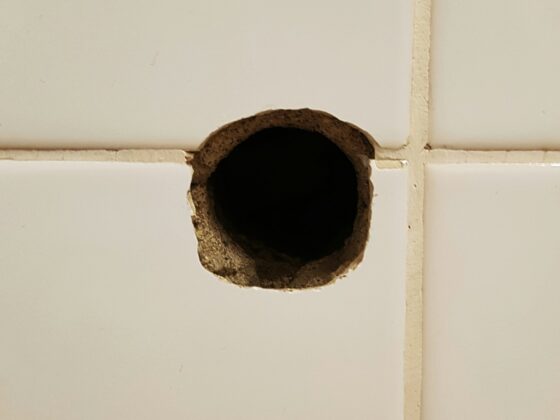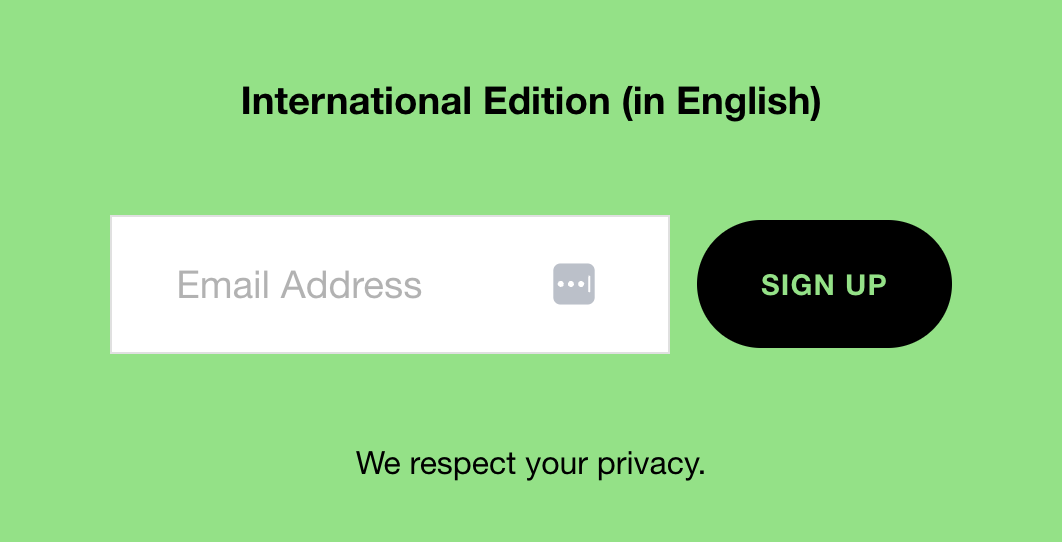Hands up! That’s the collective sigh, the admission of “we give up” from certain corners of our industry when it comes to the most fundamental interaction with our guests: check-in. Just the other day, I was reflecting on this. Thirty-eight years ago, we could check in a guest in about two minutes. Two minutes! That meant checking them in, impressing a payment method (no payment terminals then), and cutting an electronic key. And today? We’re being told it’s a monumental, insurmountable challenge, even with all our connected technology.
The CEO of CitizenM, boldly states the front desk is the “biggest problem the hotel industry has.” He blames “19 different systems” overwhelming staff. That’s a stretch. If there’s a line in the lobby, it is not a process problem. It’s a demand management problem. It’s about knowing your guest flow and having the resources – human or technological – to meet it. Saying “lines at the desk” is just admitting you haven’t managed demand effectively. I’ve stood in plenty of lines for kiosks too. The tech isn’t the magic bullet if the underlying strategy is flawed.
The core issue is breathtakingly simple: in our business, the guest needs to check in. We need to know they’re there. We need to confirm their identity for security. We need to ensure their credit is good for the duration of their stay. And in many jurisdictions, we’re legally obligated to know who is on our property. It doesn’t matter how it’s done—kiosk, mobile, or a human with a smile—it needs to be done. This is not negotiable. This is not optional.
“19 different systems” to handle a basic check-in? It’s a convenient smokescreen. For decades, the fundamental backbone of our operations, the Property Management System (PMS), handled this. It interfaces with payment gateways and key systems, manages room assignments, and records guest details. What are the other 16 systems for? Seriously. If you’ve complicated a simple process to that degree, the problem isn’t the process; it’s the astonishing lack of sensible system architecture.
When the answer to guest interaction becomes “we give up, so you, the paying customer, do it yourself,” then why does anyone need our industry? If our primary point of physical contact, the front desk, becomes a symbol of surrender to complexity, we’ve lost the plot. It’s not hard. It takes one, maybe two, well-integrated systems, and a commitment to thoughtful guest flow. This hands-up-in-the-air approach is a symptom of laziness, a reluctance to truly solve problems rather than offload them.
Life is so tech. But hospitality isn’t. It’s about getting the basics right.
Mark Fancourt










